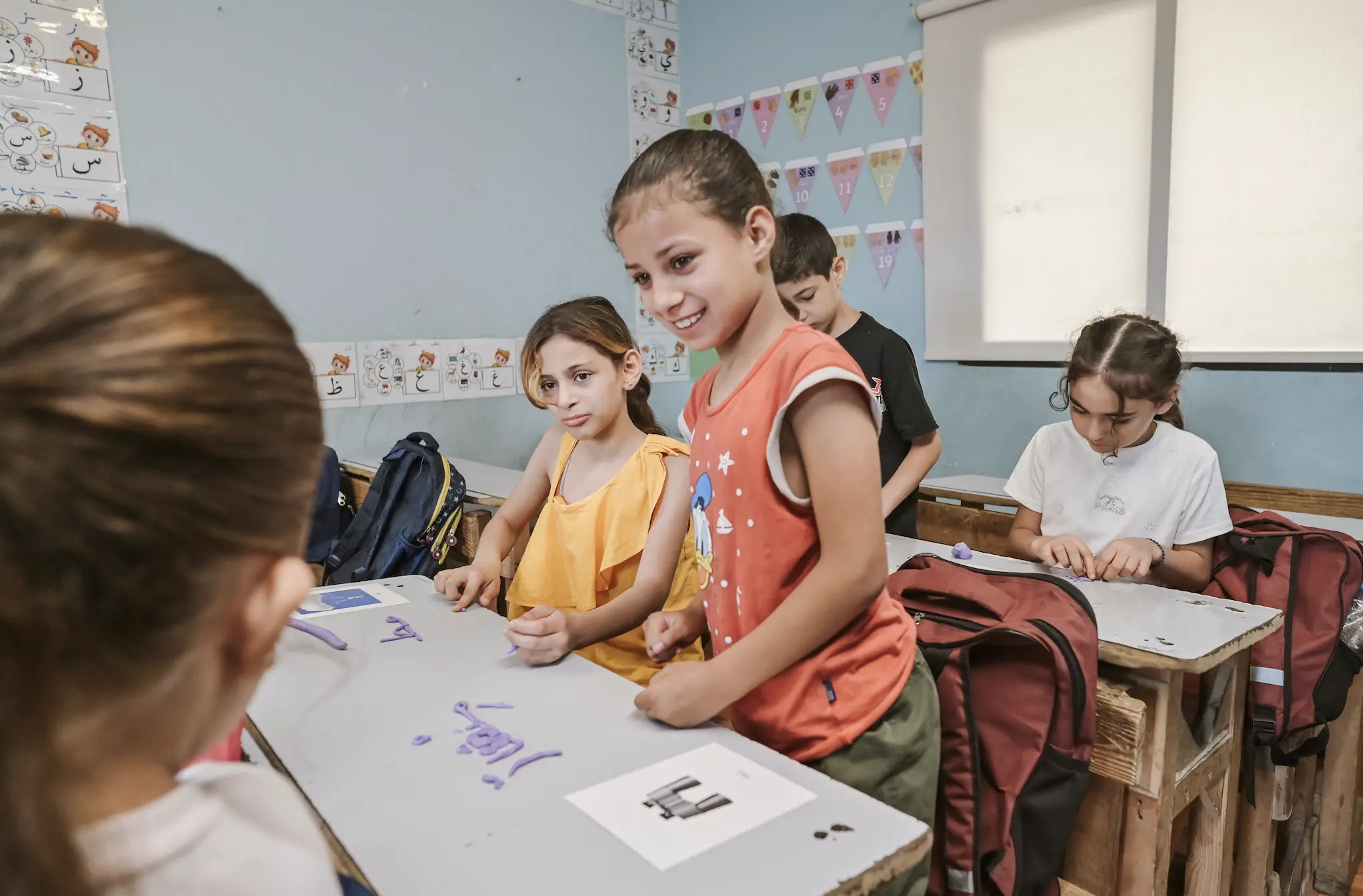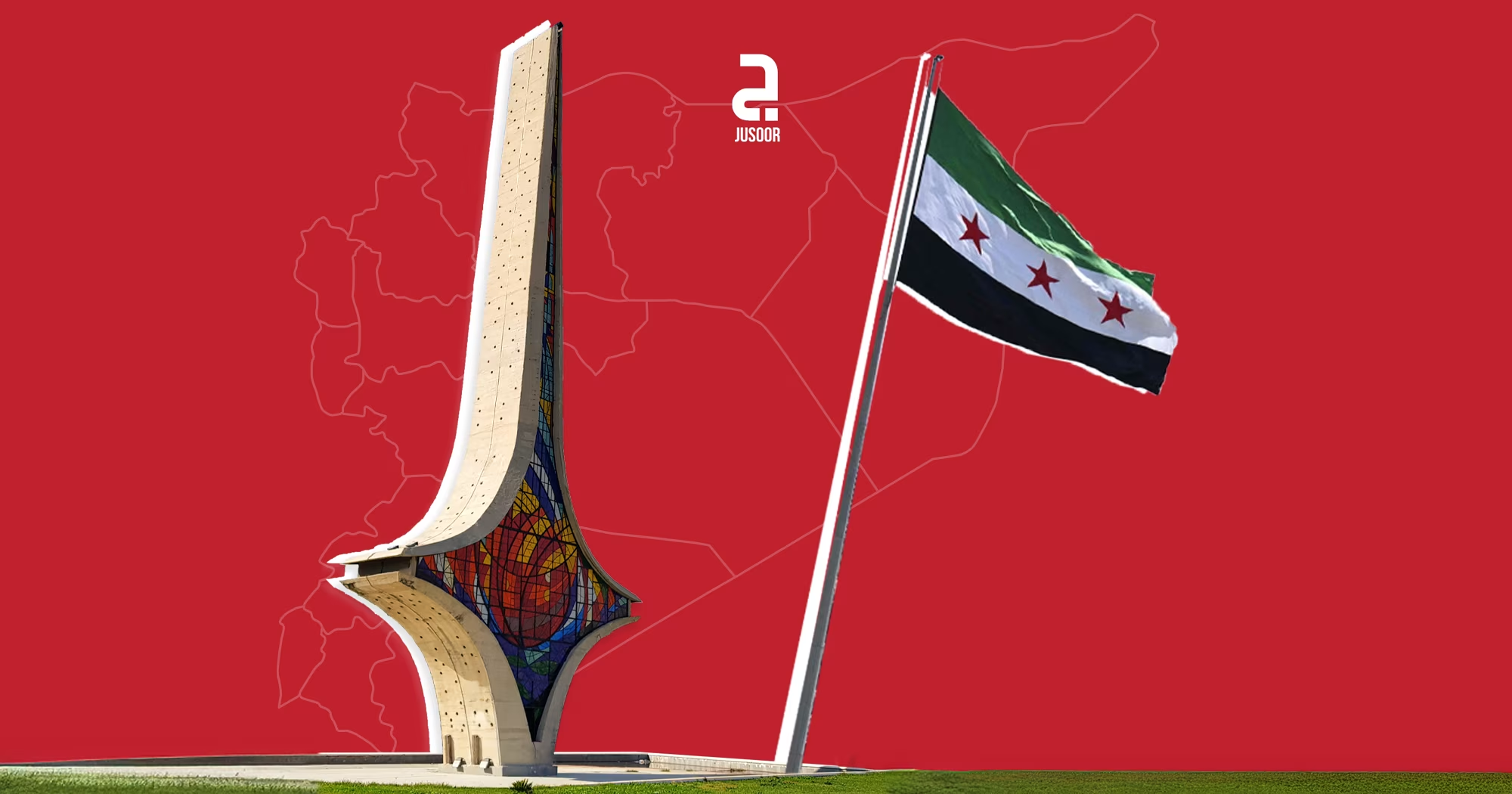Jusoor’s Azima Program started in 2020, supported by the Latter-day Saint Charitie charities in Lebanon, as an online alternative to conventional face-to-face learning when Lebanon was experiencing a surge in COVID-19 cases. We considered redesigning the methods we use to deliver education to hundreds of Syrian children in their homes within the existing limitations, ranging between internet access, literacy level, and financials.
Many Syrian students in Lebanon cannot take part in conventional education due to challenges such as finances, availability, and accessibility. Moreover, a great number of them are involved with full-time jobs to support their families, get food on the table, and eventually, face an unjust lifestyle that deprives them of one of the most important rights, a child’s right to education.

Exhausting working hours resulted in distancing them from education, with no means of engaging in continuous learning experiences. Moreover, many of these students have no schools surrounding their homes, and can only receive their education using their smartphones, and an internet connection.
To address these challenges, and present the children with efficient solutions, Azima started sharing lessons and assignments through WhatsApp, using voice notes, pre-recorded videos, and exercises. Jusoor provides Azima students with a smartphone and an internet bundle that covers all connection costs. Students also receive stationery, exercise, and copybooks, as well as pens and pencils.
In Azima, students take part in learning the following subjects: mathematics, finances, Arabic literacy, and English. Additionally, we make sure they are fully aware of other essential life skills that they might need including safety at work, managing income, reporting abuse or mistreatment, and speaking up in times of distress and pressure.

So far, in four months, we’ve seen excellent results from our Azima students. Like Mezyad, the Syrian student who works at a barbershop from the early morning until the evening. Mezyad comes back home at around 20:00 every day, and dedicates as much time as he can to work on his assignments and finish his homework. Such incredible determination to pursue education, despite the endless difficulties, is one to be proud of. The continuity of Azima has the potential of changing the lives of these students through education and guaranteeing them an opportunity to create exciting narratives as they defeat the logistical, financial, or social odds they face.



.webp)